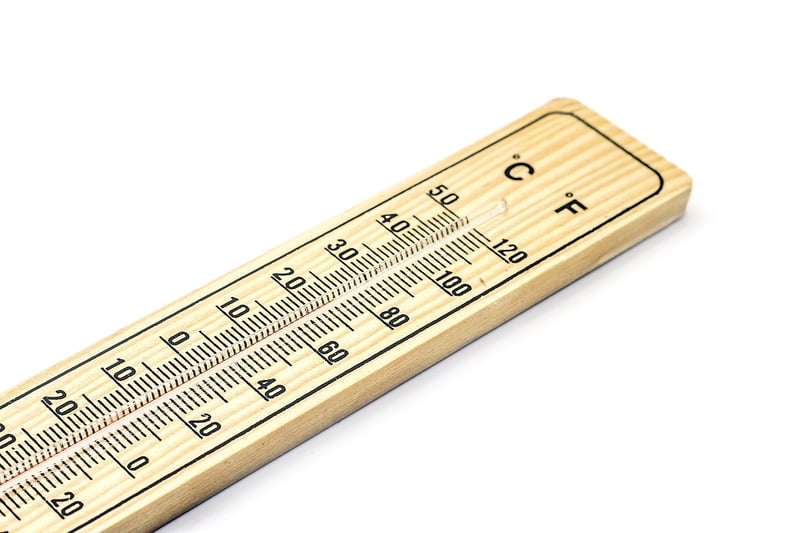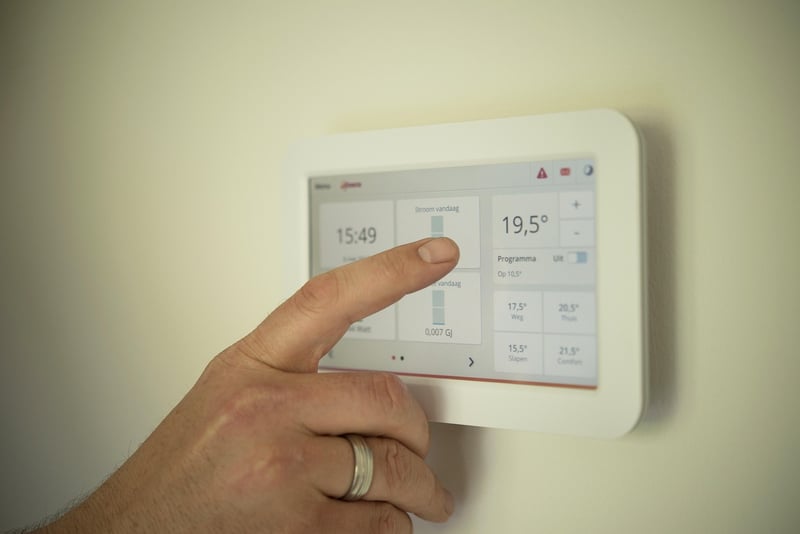Temperature Control
Enhance Your Culinary Skills with Temperature Control
Mastering temperature control in cooking is a crucial skill that can elevate your dishes to the next level. Whether you're a novice cook or a seasoned chef, understanding how temperature impacts the cooking process is essential for creating delicious and well-balanced meals.
The Role of Temperature in Cooking
Temperature plays a significant role in determining the texture, flavor, and overall outcome of your dishes. Different cooking methods require specific temperature ranges to achieve the desired results. For example:
- Low and slow cooking at a consistent low temperature is ideal for tenderizing tough cuts of meat and developing rich flavors in stews and braises.
- High-temperature searing is perfect for creating a caramelized crust on steaks, enhancing their flavor and visual appeal.
- Precise temperature control is essential for delicate tasks such as tempering chocolate or making custards to prevent curdling.
Tools for Temperature Control
To enhance your culinary skills, consider investing in the following tools for precise temperature control:
- Digital Probe Thermometer: Allows you to accurately measure the internal temperature of meats, ensuring they are cooked to perfection.
- Sous Vide Precision Cooker: Enables you to cook food in a water bath at a precise temperature, resulting in tender and evenly cooked dishes.
- Oven Thermometer: Ensures that your oven is calibrated correctly, preventing under or overcooked baked goods.
Tips for Mastering Temperature Control
Here are some tips to help you master temperature control in your cooking:
- Preheat your pans and ovens to the desired temperature before adding ingredients to ensure even cooking.
- Use a kitchen timer to monitor cooking times accurately, preventing overcooking or undercooking.
- Allow meats to rest after cooking to redistribute juices and ensure a juicy and tender result.
Conclusion
By understanding the role of temperature in cooking and mastering temperature control techniques, you can take your culinary skills to new heights. Experiment with different temperature ranges and cooking methods to discover the perfect balance of flavors and textures in your dishes.
Remember, practice makes perfect, so don't be afraid to experiment and refine your skills in the kitchen!

